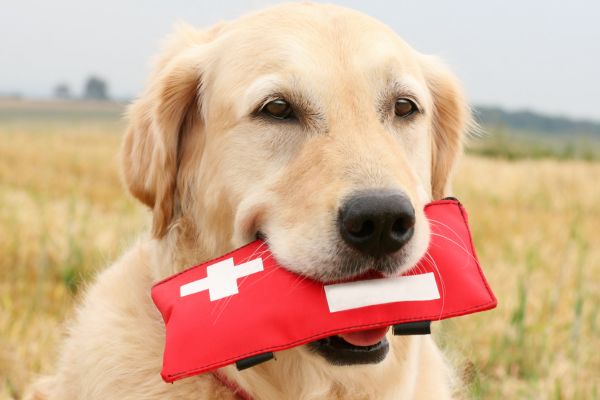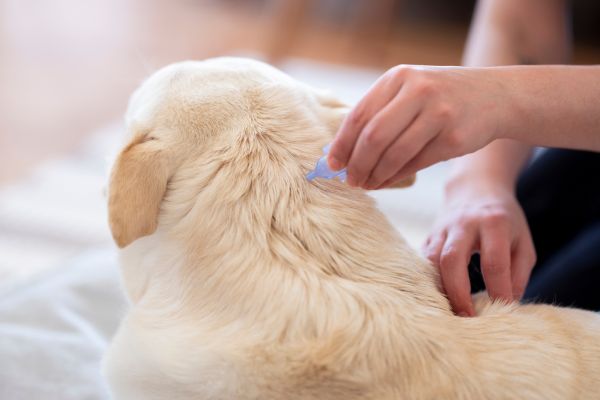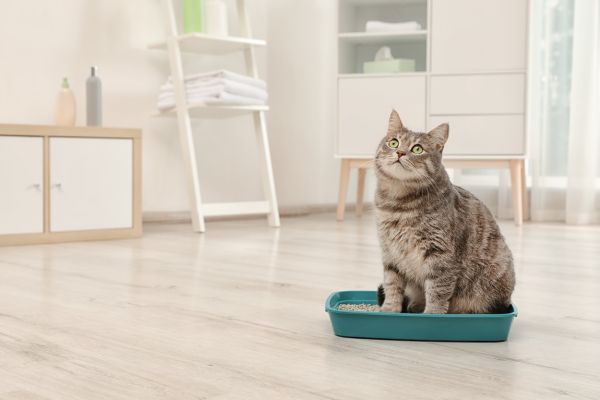Why Animal Feed Stores Are Vital
Running an animal feed store is more than just selling feed; it’s about becoming a trusted resource for farmers, pet owners, and hobbyists. Whether it’s supplying feed for livestock or nutritious options for pets, these stores serve a crucial role in the agricultural and pet care industries. So, if you’re thinking about starting one or simply want to improve your current setup, you’re in the right place.
What is an Animal Feed Store?
An animal feed store specializes in selling food products for animals, ranging from livestock like cattle and poultry to pets like dogs and cats. These stores often carry complementary products like supplements, feeding equipment, and grooming tools. Think of it as a one-stop shop for all animal care needs.
Why Open an Animal Feed Store?
If you’re considering diving into this industry, here are a few compelling reasons:
- High demand: With the ever-growing pet and agricultural industries, the need for quality animal feed is constant.
- Diverse customer base: Your clientele can range from local farmers to urban pet owners.
- Potential for growth: Add-ons like grooming services or delivery options can expand your business.
Steps to Start an Animal Feed Store
1. Market Research: Know Your Audience
Understanding your target audience is key. Ask yourself:
- Are you catering to farmers, pet owners, or both?
- What types of feed are most in demand in your area?
- Is there competition nearby?
Pro tip: Visit local stores and attend trade shows to observe trends and customer preferences.
2. Choose the Right Location
Location can make or break your store. Look for places with:
- High visibility and accessibility
- Ample parking space
- Proximity to your target audience (e.g., near farms or residential areas)
3. Stocking the Essentials
An animal feed store thrives on variety. Here’s what you might need:
- Livestock Feed: Grain, hay, silage, and specialized diets for cattle, sheep, pigs, and poultry.
- Pet Food: Dry kibble, wet food, and specialty diets for dogs, cats, and smaller pets.
- Supplements: Vitamins, minerals, and performance enhancers.
- Accessories: Feed buckets, waterers, grooming tools, and toys.
4. Build Relationships with Suppliers
Reliable suppliers ensure a steady stock of high-quality products. Look for:
- Local mills for fresher, cheaper feed
- Trusted brands for pet food
- Wholesalers offering discounts on bulk purchases
5. Create a Business Plan
Your plan should include:
- Initial setup costs (rent, inventory, equipment)
- Ongoing expenses (staff salaries, marketing)
- Revenue projections and profit margins
Marketing Your Animal Feed Store
Even the best stores need effective marketing to thrive. Here’s how to attract customers:
1. Leverage Social Media
Platforms like Facebook and Instagram are great for reaching local audiences. Post regularly about:
- New arrivals
- Seasonal promotions
- Informative content like feeding tips or care guides
2. Host Community Events
Farmers’ markets, pet adoption days, or educational workshops can bring in crowds and establish your store as a community hub.
3. Offer Loyalty Programs
Reward repeat customers with discounts or freebies to encourage them to return.
Challenges and How to Overcome Them
1. Seasonal Demand
Livestock feed sales may spike during planting and harvesting seasons. Mitigate off-season dips by diversifying your inventory with pet products.
2. Inventory Management
Avoid overstocking items with a short shelf life. Use inventory software to track stock levels and reorder points.
3. Competition
Differentiate your store by offering superior customer service, exclusive products, or convenient delivery options.
Frequently Asked Questions (FAQs)
What licenses do I need to open an animal feed store?
You’ll typically need a business license and, in some areas, permits for selling agricultural products. Check your local regulations.
How much capital do I need to start an animal feed store?
Costs vary, but you’ll need funds for inventory, rent, marketing, and equipment. A small setup may require $10,000–$50,000.
Can I operate an animal feed store online?
Absolutely! An e-commerce site can help you reach a broader audience, especially for pet products.
Conclusion: Make Your Animal Feed Store Thrive
Running an animal feed store can be a fulfilling and profitable venture if done right. From choosing the perfect location to stocking a variety of products and implementing smart marketing strategies, every step matters. Stay connected with your community, keep up with industry trends, and always prioritize customer satisfaction.
Authoritative Resources
- Animal Feed Industry Statistics: www.agribusinessinfo.com
- Livestock Nutrition Guidelines: www.livestocknutrition.org
- Small Business Licensing Tips: www.sba.gov



